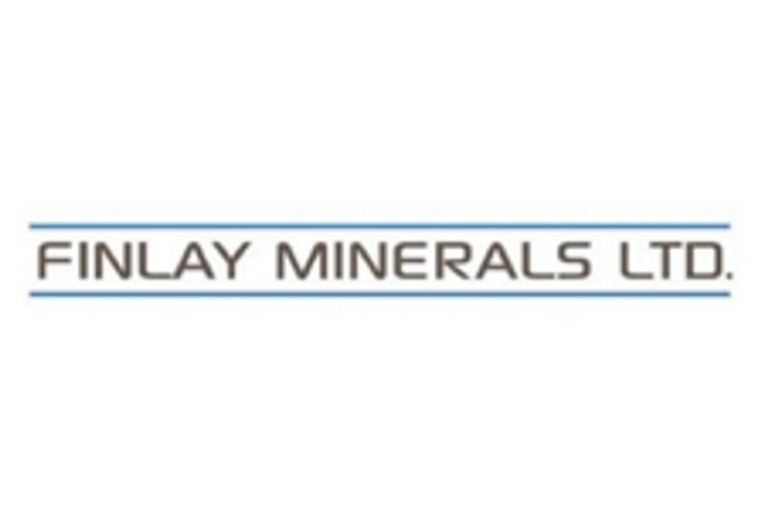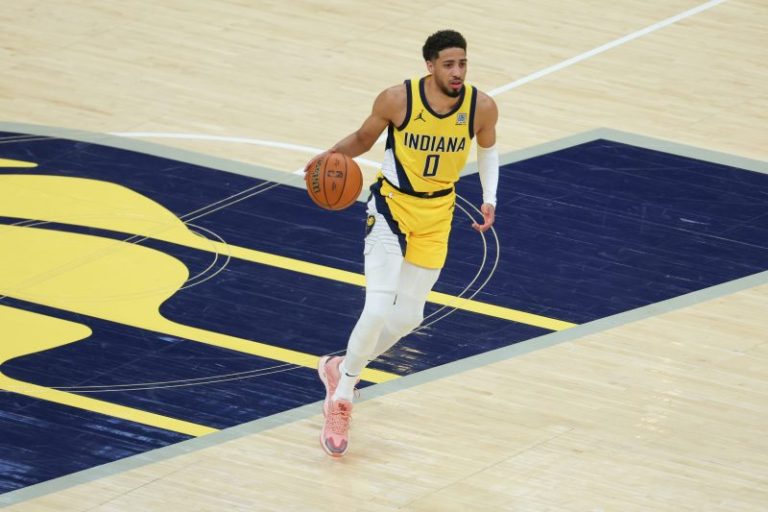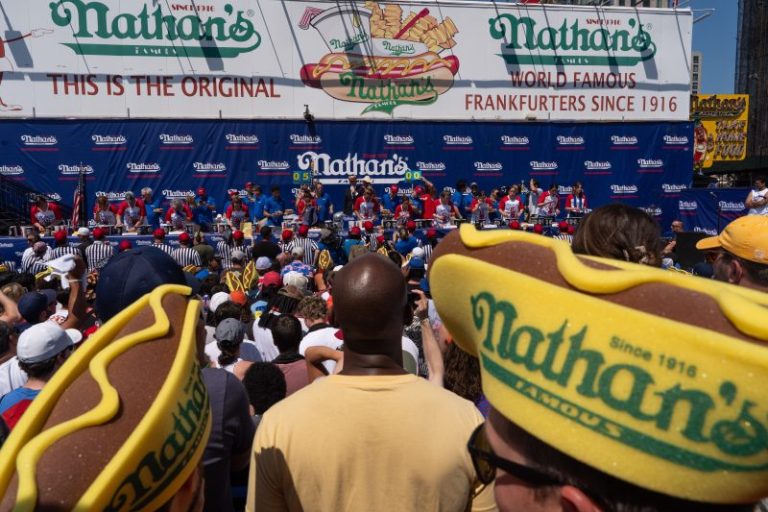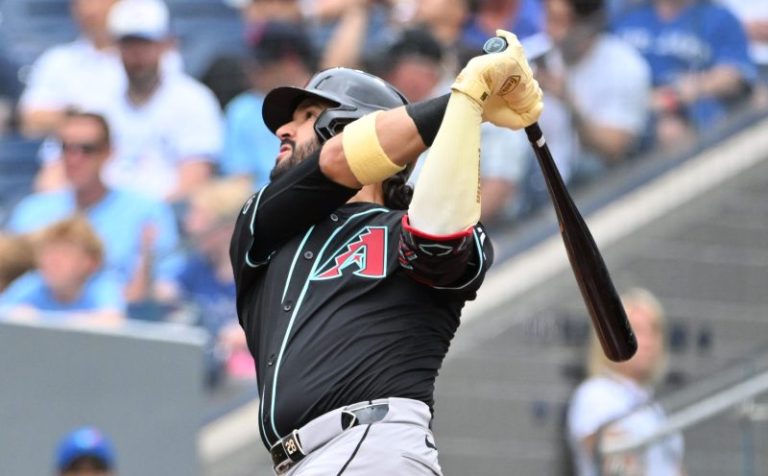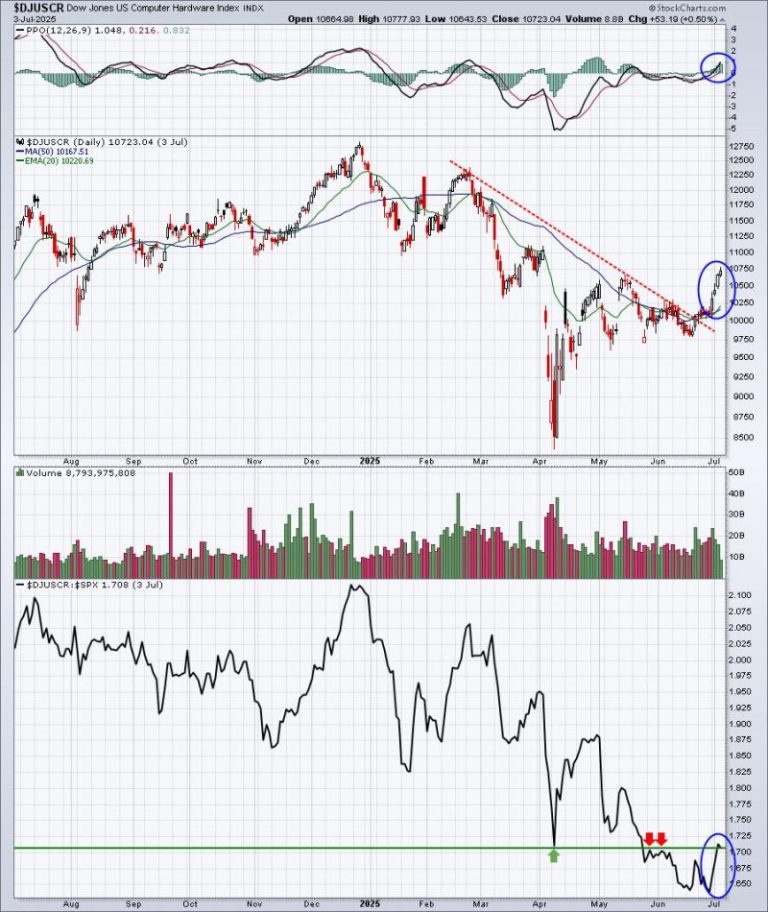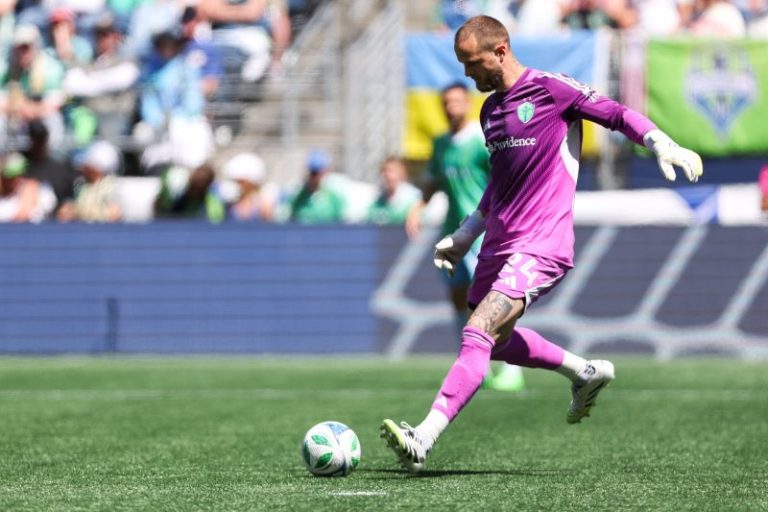The gold price continued to surge to new record highs in the second quarter of the year, reaching an all-time high of C$4,663.85 per ounce, or US$3,433.47, on June 13.
The gains were primarily fueled by safe-haven investment as Israel and the United States launched attacks on Iranian nuclear sites and Iran retaliated against targets in Israel and a US base in Qatar. Although a ceasefire was announced, tensions in the region remain high.
Additional tailwinds come from the continuing uncertainty in global financial markets, stemming from shifting US trade policy and Donald Trump’s ongoing, on-again-off-again tariff plans.
There is also additional uncertainty going into the second half of the year as the US government passed its “Big Beautiful Bill” on July 3. The bill has been criticized from both sides, including the former head of the Department of Government Efficiency, Elon Musk, for increasing deficit spending and exacerbating an already ballooning debt, which some investors believe is driving the US toward a debt crisis.
What does this mean for junior gold companies? While there was delay in translating high gold prices into share price gains for gold explorers, many are now up significantly this year. Below, we profile the five TSXV gold companies that are the best performers of 2025 by year-to-date share price gains.
Data for this article was retrieved on July 3, 2025, using TradingView’s stock screener, and only companies with market capitalizations greater than C$10 million are included.
1. Onyx Gold (TSXV:ONYX)
Year-to-date gain: 846.34 percent
Market cap: C$122.48 million
Share price: C$1.94
Onyx Gold is an exploration company advancing its Munro-Croesus project, located near Timmins in Ontario, Canada. The company has increased the size of the land package by 200 percent between 2020 and 2025, and the project now covers an area of 109 square kilometers.
Munro-Croesus hosts the historic Croesus mine, which produced 14,859 ounces of gold between 1915 and 1936 with an average grade of 95.3 grams per metric ton (g/t). Onyx is the first company to explore the property since the mine closed.
Shares in Onyx have had significant gains in the second quarter of 2025. The momentum came as the company announced option agreements to enlarge its land package at Munro-Croesus.
The first announcement came on April 10, when it stated that it had agreed with private vendors to acquire a 21 hectare patented claim near the Argus North zone. Under the terms of the agreement, Onyx has the option to acquire a 100 percent interest in the property, which has never been drilled, in exchange for cash consideration of C$1.5 million and 3.3 million Onyx shares over a three-year period.
The second acquisition was announced on June 24, when Onyx reported that it signed a mineral property purchase and sale agreement to acquire a 100 percent interest in the Munro and Hewitt properties, both located near the existing Munro-Croesus project. The acquisition will expand the company’s land package from 95 to 109 square kilometers.
Alongside its land consolidations, Onyx has also spent the second quarter advancing exploration at the property.
Most recently, on June 26, the company reported the first drill results from its 10,000 meter spring drill program at the Argus North zone at Munro-Croesus. One highlighted assay contained 1.8 grams per metric ton (g/t) gold over 91 meters, including 4 g/t over 32 meters and 5.3 g/t over 17 meters.
The company said the results demonstrate the continuity of broad zones of high-grade gold mineralization.
Shares in Onyx reached a year-to-date high of C$2.09 on June 27.
2. Goldgroup Mining (TSXV:GGA)
Year-to-date gain: 500 percent
Market cap: C$217.34 million
Share price: C$0.99
Goldgroup Mining is a gold production, development and exploration company working to advance its Cerro Prieto heap-leach gold mine. The 4,335 hectare property, located in Sonora, Mexico, produces an annual average of 11,500 ounces of gold and has produced more than 120,000 ounces since its beginning in March 2013.
Goldgroup is currently working to double the capacity of the mine to more than 25,000 ounces per year. The last update on progress came in October 2024, when it announced that it had installed the primary crusher with a 2,200 metric ton per day throughput. It also said it had expanded pumping and irrigation capacity.
The most recent update on Cerro Prieto came on March 26, when Goldgroup announced high-impact exploration near the mine. The program will include 6,000 meters of diamond drilling focused on the Nuevo Esperanza and Reyna zones, which are next to the main Esperanza production zone.
The company also announced plans for an induced polarization geophysical survey and surface trenching 1 kilometer south of the mine to further investigate newly discovered mineralized zones.
In addition to activities at Cerro Prieto, the company announced on March 7 that it had entered an agreement to acquire Minera Apolo and its Pinos gold project from Candeleria Mining in exchange for settling a US$2.7 million loan facility. Goldgroup previously secured rights to the facility with Candeleria from a creditor group in a maneuver to acquire the project.
Pinos is a fully permitted gold project situated in the Zacatecas mining belt of Northern Mexico and comprises 29 concessions over 3,816 hectares. A 2018 PEA revealed an after-tax net present value of US$12 million, with a 25 percent internal rate of return at a gold price of US$1,250 per ounce.
Shares in Goldgroup reached a year-to-date high of C$1.08 on May 9.
3. Trident Resources (TSXV:ROCK)
Year-to-date gain: 400 percent
Market cap: C$19.62 million
Share price: C$0.75
Trident Resources, formerly Eros Resources, is a gold and copper exploration company focused on projects in Saskatchewan, Canada.
A three-way merger in early 2025 between Eros Resources, MAS Gold and Rockridge Resources, allowed the companies to consolidate a portfolio of assets in Saskatchewan, including the Contact Lake and Greywacke gold projects in the La Ronge gold belt as well as the Knife Lake copper project.
Before this year, Eros was focused on the Bell Mountain gold-silver project in Nevada, US, but on January 6, the company announced it had sold the property to Lincoln Gold Mining (TSXV:LMG) in exchange for up to 4.5 million common shares and a net profits interest of 7.5 percent of net returns from gold and silver produced at the project to a maximum of US$2 million.
The company announced its rebranding from Eros to Trident on April 23, with its new name chosen in part to represent the three companies joining together. In the release, the company stated that the rebrand marked the beginning of a new chapter for the company, underscoring its focus on the gold and copper markets.
On May 6, Trident announced it received drill permits for the Contact Lake project, marking the first project news following the rebrand.
Trident stated the drill program would be conducted over the summer and consist of approximately 5,000 meters, with 3,800 meters to be carried out at the Contact Lake deposit and 1,200 meters at the Preview SW deposit.
Shares in Trident reached a year-to-date high of C$0.75 on July 3.
4. Solstice Gold (TSXV:SGC)
Year-to-date gain: 333 percent
Market cap: C$15.28 million
Share price: C$0.065
Solstice Gold is an exploration company focused on advancing its flagship Strathy gold project in Ontario, which it acquired in June 2024.
The project consists of 45 claims covering an area of 45 square kilometers in the Temagami Greenstone belt. Historical documents report six gold showings in the central portion of the project areas, with documented mineralization at the Leckie prospect.
On January 15, Solstice announced results from an induced polarization survey of the property. It identified 50 new targets, with the highest priority targets being along strike on the Leckie Fault. The company stated that the results support the existence of an extensive, largely unexplored system, with potential for multiple discoveries.
Solstice said it had also been selected to receive a grant under the Ontario Junior Exploration Program from the provincial government. The grant will provide 50 percent of the exploration funding, up to a maximum of C$194,000.
Shares in Solstice gained early in the year following its January 20 announcement that Michael Gentile had increased his stake in Solstice to 16.76 percent, making him the single largest shareholder.
In its latest project update on July 2, Solstice announced it had wrapped up its spring drill program, which focused on four target areas. In total, the company completed 3,125 meters of drilling across 14 holes, and results are expected in July.
The company reported that it had entered into an agreement to acquire 17 additional claims, which would increase the project area by 50 percent. It added that targets identified from its IP program may extend along strike into these claims.
Shares in Solstice reached a year-to-date high of C$0.065 on June 27.
5. Lahontan Gold (TSXV:LG)
Year-to-date gain: 300 percent
Market cap: C$28.49 million
Share price: C$0.10
Lahontan Gold is a development and exploration company dedicated to advancing a portfolio of properties in Nevada, United States.
Its primary focus is on its flagship Santa Fe gold-silver project in Walker Lane. The property consists of 291 unpatented lode mining claims, 67 unpatented mill site claims, and 24 patented lode mining claims, covering a land package of 26.4 square kilometers.
On January 24, the company released a PEA for the project that demonstrated an after-tax net present value of US$56.5 million with an internal rate of return of 17.4 percent over a payback period of 4.24 years based on a gold price of US$2,025 per ounce.
The included MRE for the site reports an indicated resource of 1.44 million ounces of gold and 11.2 million ounces of silver from 48.39 million metric tons of ore at an average grade of 0.92 g/t gold and 7.18 g/t silver. It also hosts an inferred resource of 401,000 ounces of gold and 1.75 million ounces of silver from 16.76 million metric tons at a grade of 0.74 g/t gold and 3.25 g/t silver.
The most recent news from Lahontan was on March 18, when it provided an update on its Exploration Plan of Operation submitted to the Bureau of Land Management in November 2024. In the release, the company stated it expects the Bureau to approve the plan, allowing permitting to proceed to the National Environmental Policy Act phase. According to Lahontan, final approval is on track for late 2025.
In the meantime, Lahontan stated that it would be able to continue exploration drilling at its patented mining claims under a Notice of Intent (NOI). On May 6, the company filed a new NOI for additional drilling at the site that would target extensions in the Slab and York areas of the project, and the BLM approved it on June 9.
Additionally, the company announced on June 24 that it had started metallurgical test work at Santa Fe with the goal of substantially improving CN leach gold recoveries for transition materials compared to the 49 percent recovery in the PEA.
Shares in Lahontan reached a year-to-date high of C$0.105 on June 25.
Securities Disclosure: I, Dean Belder, hold no direct investment interest in any company mentioned in this article.
This post appeared first on investingnews.com

